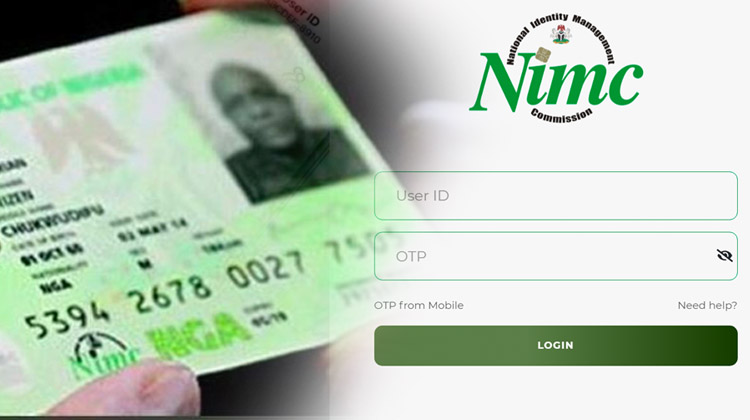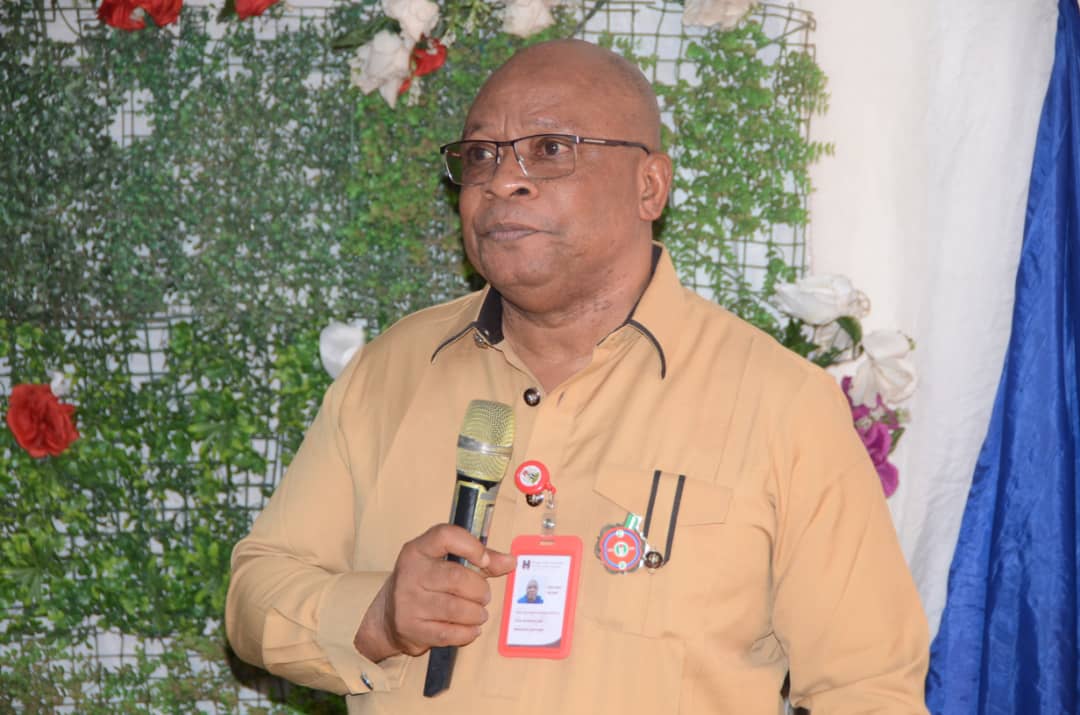The National Identity Management Commission (NIMC) of Nigeria has reported that it achieved only 47.6% of the Federal Government’s monthly target of 2.5 million registrations in the first eight months of the year, as revealed by findings from The PUNCH.
This news comes amidst the increasing number of Nigerians obtaining National Identification Numbers (NIN), which reached a staggering 102.39 million in August.
However, the growth in NIN numbers belies a concerning trend of slowed enrolments. According to data obtained, enrolment has decreased by 35.14% year-on-year during the initial eight months of the year. A mere 8.36 million individuals enrolled for NIN between January and August 2023, a notable decline from the 12.89 million enrolments recorded by July 2022.
The average monthly NIN enrolment for the first eight months of 2023 stood at 1.19 million, significantly below the target of 2.5 million per month set in the National Development Plan 2021-2025. This plan, formulated by the Federal Government, aimed to enroll 100 million Nigerians within three years, with a monthly target of 2.5 million enrolments.
In the previous year, the NIMC accomplished the registration of 21.33 million people, witnessing NIN enrolments increase from 72.7 million in January 2022 to 94.03 million by December 2022. This translated to an average monthly enrolment rate of 1.78 million.
The Nigerian government recognized the scarcity of accurate data as a significant challenge and embarked on initiatives to remedy the situation. Notably, the Nigerian Communications Commission linked SIM Registration Data to the National Identity Number Database. As part of this broader effort, the NIMC launched a massive registration drive with the aim of enrolling 2.5 million people monthly for the next three years.
Although progress remains uneven across states, Lagos leads with over 11.17 million cumulative enrolments, followed by Kano (9.08 million), Kaduna (6.35 million), Ogun (4.32 million), and Oyo (3.97 million). In contrast, states like Bayelsa (642,233), Ebonyi (818,173), Ekiti (1.01 million), Cross-River (1.17 million), and Taraba (1.48 million) lag behind in enrolments.
7. MDCN inducts 52 ESUCOM graduands
9. Crossdressing Not Illegal in Nigeria, Arrested Individuals Detained for Same-Sex Wedding Attendance
10. Massive Water Release from Cameroon’s Lagdo Dam Halted
Recently, the World Bank expressed its commitment to collaborate with NIMC to facilitate the successful implementation of digital national IDs in Nigeria. The World Bank’s Country Director for Nigeria, Shubham Chaudhuri, affirmed the organization’s goal of providing at least 148 million working-age Nigerians with digital national IDs by mid-2024. The Digital Identification for Development project will receive financial support of $430 million from various sources to drive this initiative forward.
As Nigeria grapples with the complexities of improving identity management and data accuracy, it remains to be seen how the nation will address the challenges posed by the slow progress in NIN enrolments and ensure the realization of its ambitious targets.




